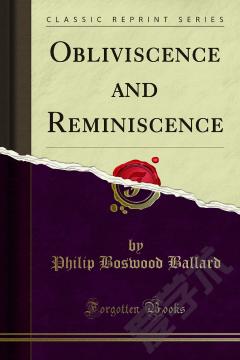Deleuze and the Unconscious
By the end of the twentieth century, it had been almost forgotten that the Freudian account of the unconscious was only one of many to have emerged from the intellectual ferment of the second half of the 19th century. The philosophical roots of the concept of the unconscious in Leibniz, Kant, Schelling and Schopenhauer had also been occluded from view by the dominance of Freudianism. From his earliest work of the 1940s until his final writings of the 1990s, Gilles Deleuze stood at odds with this dominant current, rejecting Freud as sole source for ideas about the unconscious. This most 'contemporary' of French philosophers acted as custodian of all the ideas that had been rejected by the proponents of the psychoanalytic model, carefully preserving them and, when possible, injecting them with new life. In 1950s and 60s Deleuze turned to Henri Bergson's theories of memory and instinct and to Carl Jung's theory of archetypes. In Difference and Repetition (1968) he conceived of a 'differential unconscious' based on Leibnizian principles. He was also immersed from the beginning in esoteric and occult ideas about the nature of the mind. Deleuze and the Unconscious shows how these tendencies combine in Deleuze's work to engender a wholly new approach to the unconscious, for which active relations to the unconscious are just as important as the better known pathologies of neurosis and psychosis.
{{comment.content}}








 京公网安备 11010802027623号
京公网安备 11010802027623号